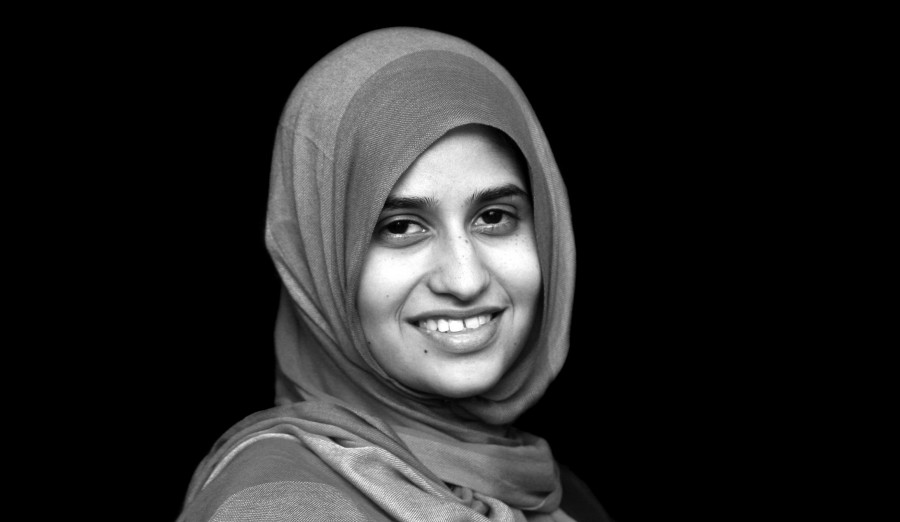Flip through the pages of a dictionary or just search for it on dictionary.com, there is no place where you can find that diverse means “special”.
But then why do the critics of religious diversity at Loyola make such a big deal out of it?
Some of them fear admitting students of different religions would infringe on the beliefs of the masses.
However, these people fail to recognize that our admissions committee does not just admit students based on appearances—at the core of this diversity lies the importance of diverse ideas and different personalities which enrich the learning environment on campus.
In fact, it really does not matter what religion one belongs to because difference in religion does not necessarily convey a difference in values.
During the years I have spent at Loyola, I have rarely come across a fellow Catholic, Muslim, Jew, Hindu or Buddhist who does not value truth, wisdom or virtue.
It is the similarity in values and not different religions that forms the bases of religious diversity among the students.
Hence, events, such as Fast-a-Thon, which fundraises for local New Orleans food banks and international charities, are organized in line with Jesuit values of preparing students in leading “meaningful lives with and for others” (Loyola University Mission Statement).
Additionally, as a liberal arts university, Loyola strives to educate through diverse curriculum in hopes that later, students will be prepared to handle the issues on a global level.
Part of this effort is the reason we have to take Introduction to World Religions as our common curriculum requirement.
A similar effort is illustrated through the annual interfaith prayer service which has been held at Loyola for the last two years. Conducted by University Ministry, the service takes place in the Ignatius Chapel.
During the procession, everyone observes proper decorum, suitable for the church and a student reads few verses from his or her perspective religious text which is followed by a translation.
I have never felt that being part of such diverse service infringes on my Islamic beliefs.
After the service, we have refreshments which provides a perfect time for when we can freely learn from people of other faiths or clear any misconceptions regarding a particular religion.
However, what good does learning about other religions do for us? We can definitely survive without interacting with other religions.
Alas! If survival was the only issue, then it can be said that animals are capable of survival too.
Through such an attitude, we fail to accept the reality that, in a diverse country like the United States, we do ourselves harm when we do not understand different religions and cultures.
Socially, the situation is dangerous and pitiful because we tend to associate stereotypes with religions about which we have minimal or no knowledge.
Certainly, knowing a little about other religions and customs can help in surprising ways.
For example, my family once invited our Hindu neighbor to lunch but did not know what she would prefer eating.
So, knowing about their religion, we served a vegetarian meal. As a result, our neighbor was very content, but equally important was that we did not have to be In My Opinion
embarrassed in front of the elderly neighbor.
Hence, it is the diversity and adherence to Jesuit values that make me feel proud of being a student at Loyola University.
This pride gets an extra boost when I tell my friends at Tulane, Xavier or other universities that Loyola’s interfaith ministry is hosting an annual Seder meal or Ramadan dinner and their surprised voices can only say “Really, Loyola does that?”
Amna Aziz is a biology senior and the president of the Muslim Student Association. She can be reached at [email protected]
In My Opinion is a weekly column open to any Loyola student. Those who are interested can e-mail [email protected]







